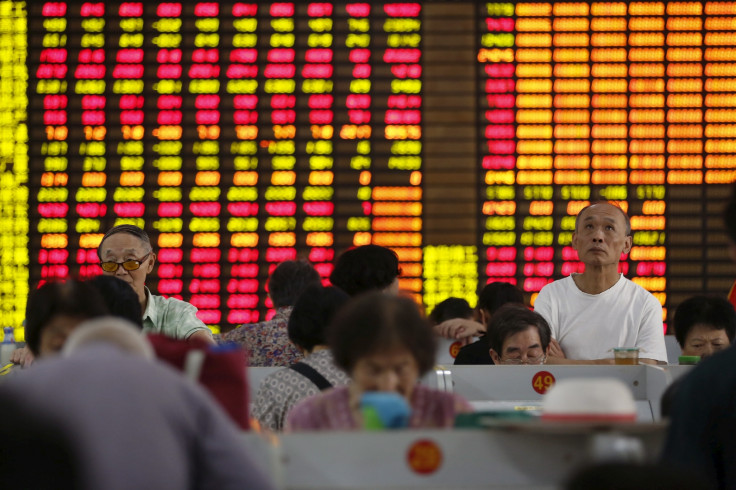Asian stocks decline after deadly Thailand explosion

Asian markets were in the red on 18 August after the deadly bomb explosion in Bangkok, Thailand, which may have rocked investor confidence.
Mainland China's Shanghai Composite index dived 3.5% to 3,852.10 at mid-day, despite official data showing Chinese house prices rose 0.3% from the previous month in July.
That followed a 0.4% gain in June and a 0.2% increase in May, according to Reuters calculations.
"The number of land acquisitions has decreased, and inventory is slowly being digested. It'll take time, but it's confirmed that a recovery is ongoing," China Vanke president Yu Liang told Reuters.
Traders also ignored a positive lead from Wall Street, where the S&P 500, Dow Jones and Nasdaq indices all closed in positive territory on 17 August.
The Hang Seng index dipped 0.7% to 23,657.08, while the Nikkei was down 0.2% at 20,583.91 points.
Australian stocks slide
In Australia, the S&P/ASX 200 benchmark shed 1.2% to 5,304.90, despite the country's central bank saying that the weaker Australian dollar would boost exports.
"Economic activity had generally been positive over recent months," the minutes of Reserve Bank of Australia's August meeting read.
"Very low interest rates were continuing to support strong growth in dwelling investment and consumption, and the further depreciation of the Australian dollar was expected to impart stimulus to the economy through stronger net exports."
Meanwhile, Thailand's benchmark SET index declined by 2% after the deadly bomb attack that killed at least 21 people.
In South Korea, the Kospi was down 0.6% at 1,956.26.
© Copyright IBTimes 2025. All rights reserved.




















